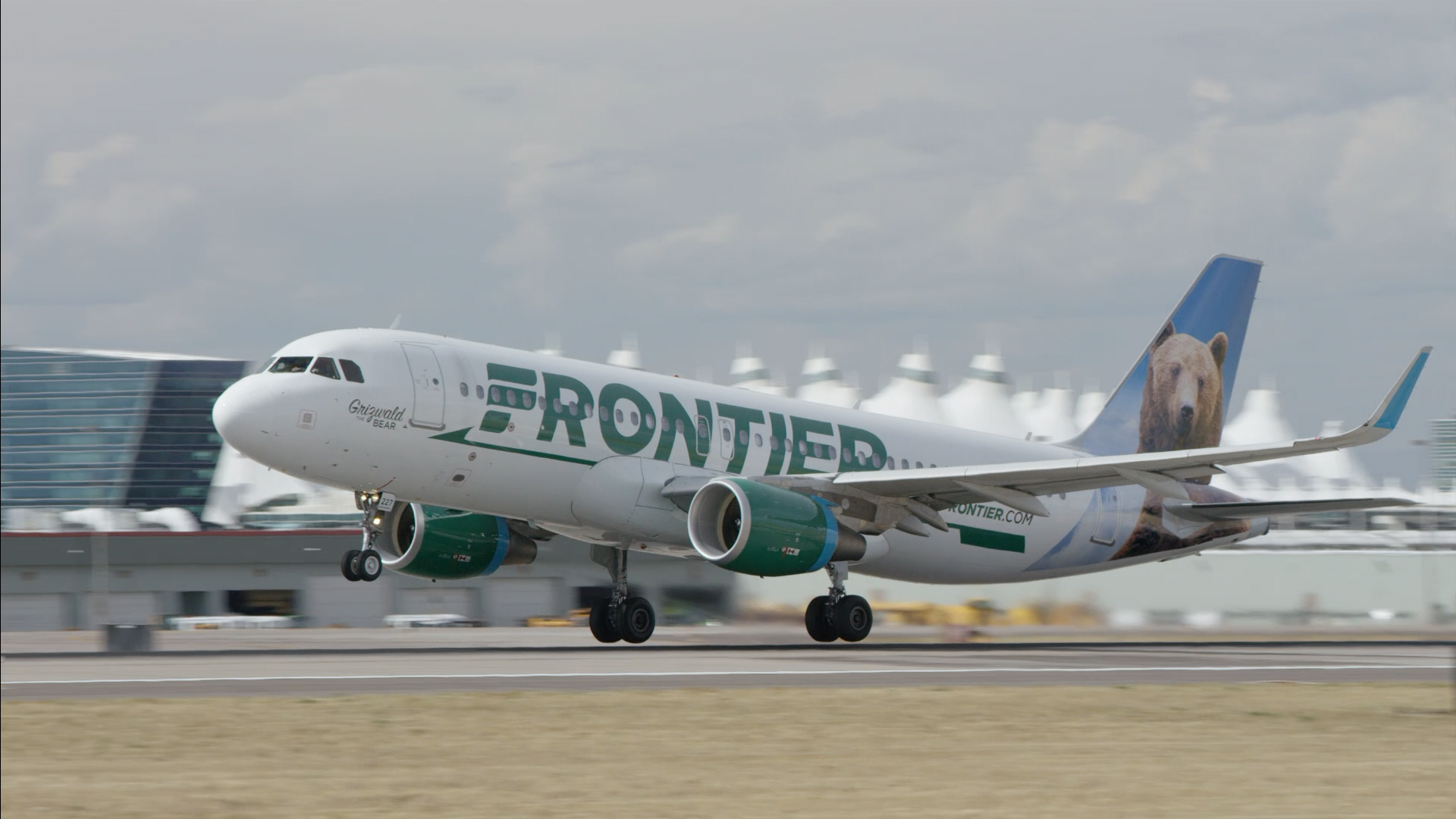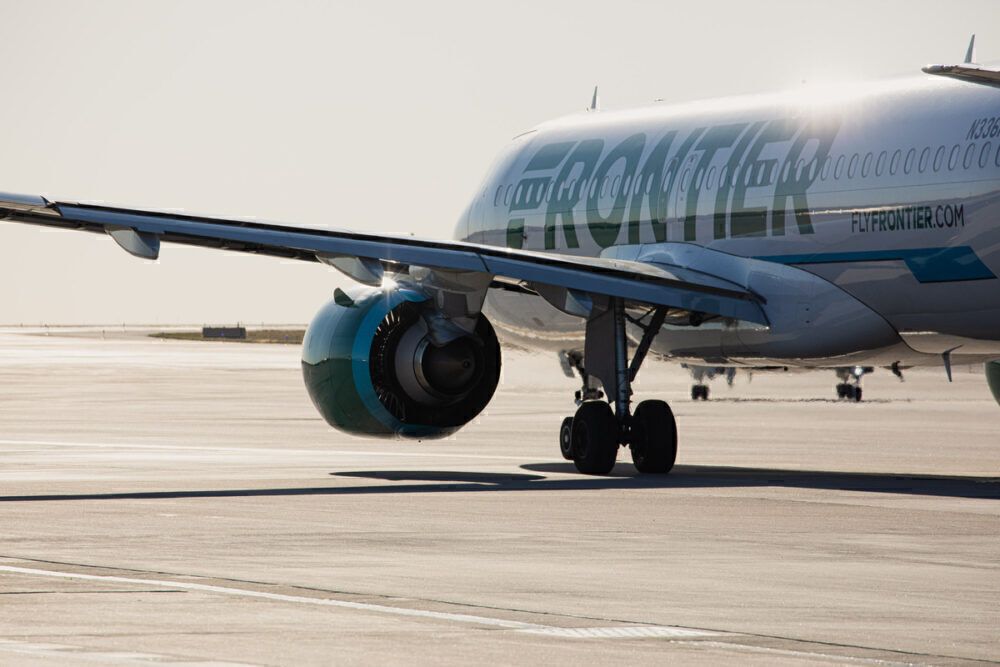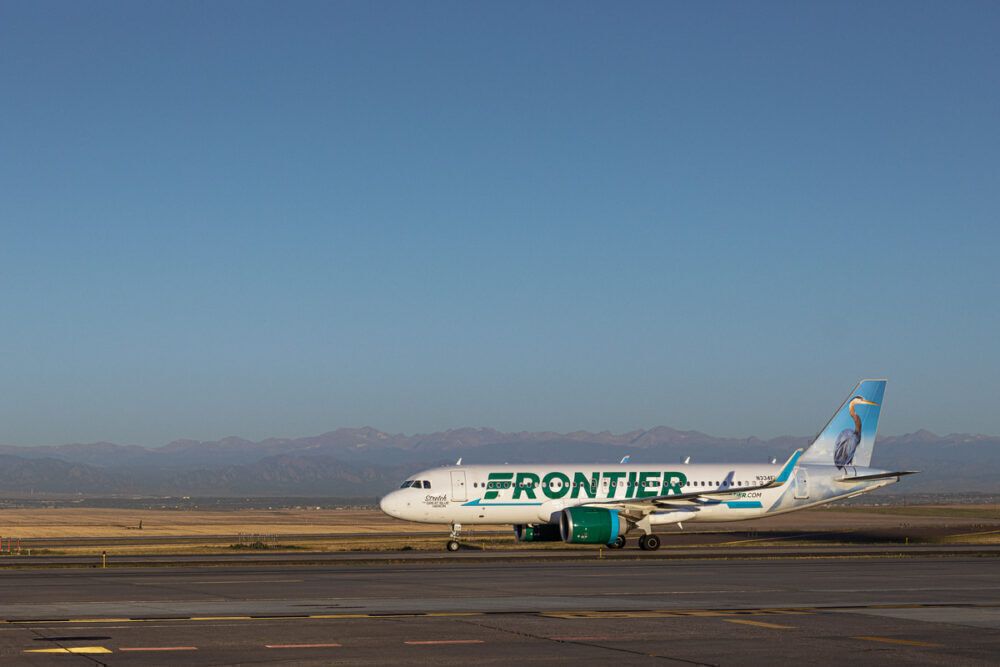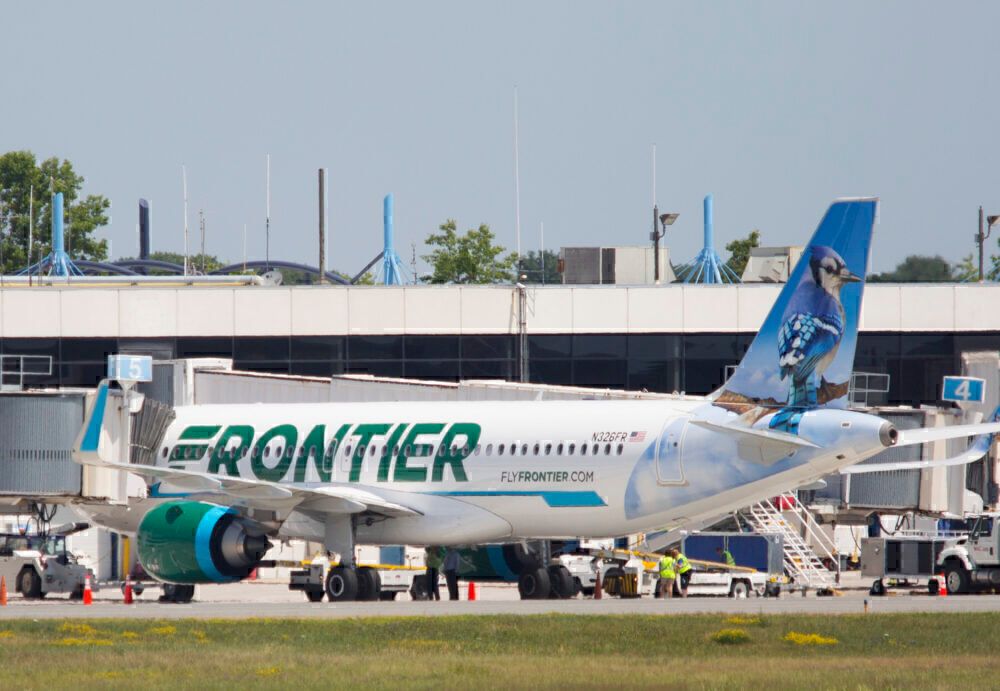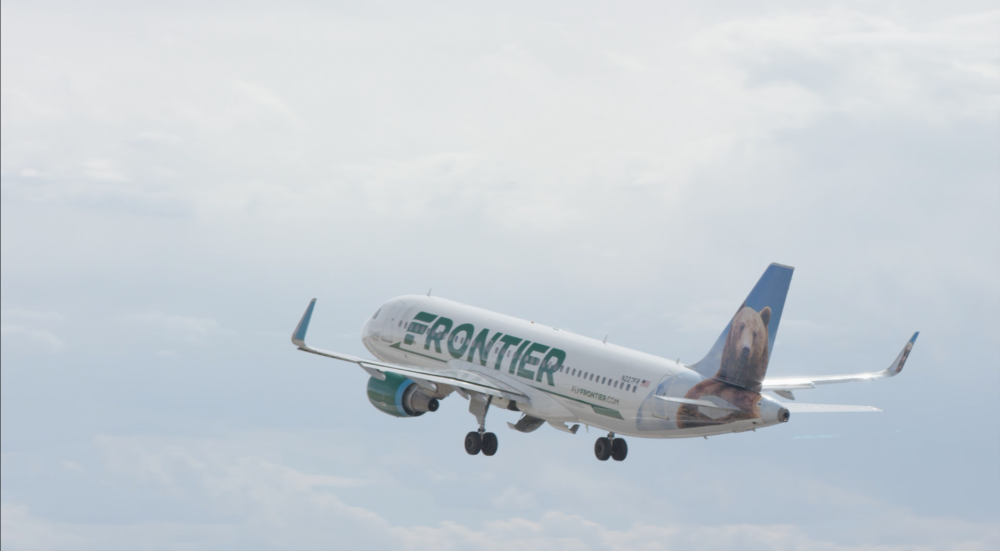American ultra-low-cost carrier (ULCC) Frontier Airlines has officially gone public. Pricing out at the lower end of its target share price, the airline is still expecting to raise over $200 million from the endeavor. Here is a look at how that could benefit the airline.
Frontier's initial public offering pricing
Frontier Airlines announced its initial public offering of 30 million shares at a price of $19 per share. This was toward the lower end of the initial pricing for Frontier's shares. The share consists of 15 million shares of commons tock offered by Frontier and 15 million shares of common stock to be sold by certain of Frontier's existing stockholders.
Less the underwriting discount, commissions, and estimated offering expenses, Frontier will net proceeds of approximately $266 million. The sale of stock by the existing stakeholders will not raise Frontier cash. Overall, the net proceeds to both Frontier and the private stakeholders are expected to be over $500 million.
The airline is being traded on the Nasdaq Global Select Market under the ticker "ULCC." Since going public, the airline's stock price has hovered between $18 and $19 a share.
The net proceeds
The amount that Frontier expects to receive is around $266 million. This is a respectable amount similar to the funding another airline IPO, Sun Country, received.
With $266 million, the airline can do plenty of things. Frontier ended 2020 with long-term debt of over $300 million. The airline can choose to pay down some of its high-cost debt with these proceeds. Or else, the money can be used to fuel expansion. The airline sees plenty of growth opportunities and has a sizable aircraft order book which costs money, and this funding can go a long way.
The current state at Frontier
Frontier Airlines is one of the carriers leading the way with capacity increases through the year. The airline's top stations are Denver, Orlando, and Las Vegas. These are major leisure travel hotspots, but some of them also provide opportunities for Frontier to sell connecting flights.
Frontier serves over 300 nonstop routes touching around 110 airports. Using a low-frequency model, the airline targets mostly point-to-point leisure travelers.
Frontier also sees plenty of room for growth. In the airline's initial filing for an IPO, the carrier highlighted it had an opportunity to serve 518 additional domestic routes between airports within its existing network not currently served by a ULCC. This is a fascinating number, but it also raises the question of Frontier's expansion.
In the past, Frontier has not been very hesitant in terms of adding new cities and then cutting them if those flights do not provide the anticipated financial benefits. Moving forward, Frontier will face shareholders and stockholders that may temper some of those ambitions, but the carrier is still expected to add new routes. This is especially true as signs continue to point toward a summer surge, and the CDC outlines guidelines for vaccinated Americans to travel.
Stay informed: Sign up for our daily and weekly aviation news digests!
The airline is already making moves to become a more modern, fuel-efficient carrier with an eye on costs. The aging and comparatively expensive Airbus A319s will exit the fleet this year as the airline welcomes newer Airbus A320neo family aircraft. Those new jets will also feature lighter-weight seats that will save on fuel, which in turn saves on Frontier's costs.
Ultimately, Frontier has set itself up to do well in the future. The net proceeds from this IPO will go a long way in getting Frontier the cash influx it needs to survive the next few months and prepare to handle the increase in passengers expected over the summer. As the US airline industry starts to turn the page on the crisis, Frontier is expected to be one carrier that benefits early on from its mostly domestic and short-haul international leisure-oriented model.
Do you think Frontier made the right decision by launching an IPO? Let us know in the comments!

